More On: Mikhail Gorbachev
How the news about Mikhail Gorbachev's death will get the Cold War wrong
Mikhail Gorbachev Made an Appearance in a Pizza Hut Commercial
In retrospect, the most surprising people of the 1980s were President Ronald Reagan and Mikhail Gorbachev, the last leader of the Soviet Union. Gorbachev died on Tuesday at the age of 91. His death is the last link to the Cold War's peaceful end, which was nothing short of miraculous.
In the next few hours and days, the media and "leading" academics will praise Gorbachev for ending the Cold War all by himself. Who is Ronald? No idea who he is. (Reuters: "Mikhail Gorbachev, who put an end to the Cold War, dies at age 91." That didn't take long.)
Gorbachev really did want to make things more open and free, but he couldn't get out from under the shackles of Communism's illiberal ideology and bureaucratic inertia. So, his "perestroika" (or "restructuring") was a mess, as he told the Politburo right after he became leader in 1985: "What we need is more dynamism, more social justice, more democracy, in a word, more socialism."
In a very rude meeting in the Kremlin in 1988, George Shultz told him, "No, what you need are property rights, open markets, and protection of civil liberties, especially free speech." After a long pause, Gorbachev made a joke about how he might need Shultz as his economic minister.
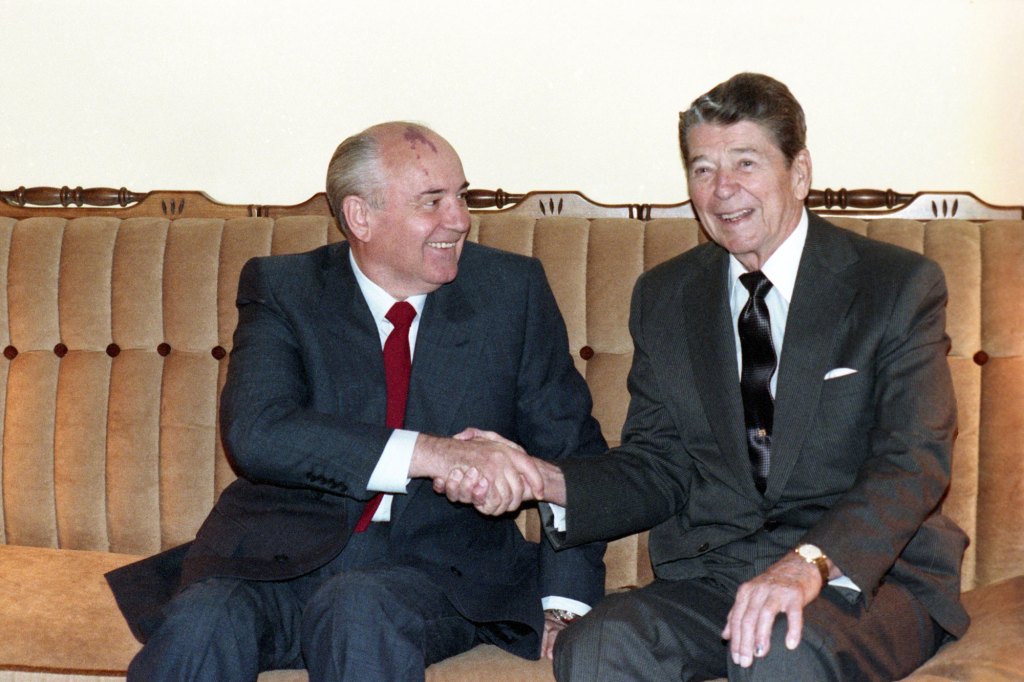
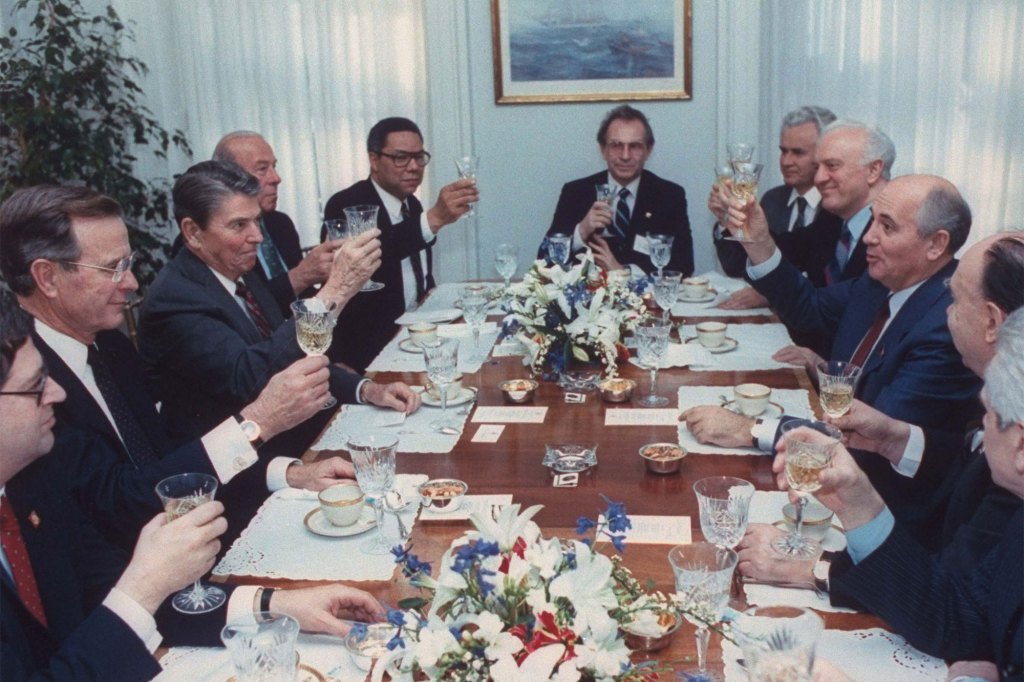
At least, it can be said that his decision that the USSR would no longer kill a lot of people to stay in power, especially in the Captive Nations of Eastern Europe, was the main thing that led to the fall of the USSR. In 1988, he publicly rejected the Brezhnev doctrine, which said that socialism should be defended everywhere by force if necessary. After that, it was just a matter of time before everything fell apart.
He really did want to end the arms race and make a deal with Reagan, in part because he knew the Soviet Union was losing. Reagan was skeptical at first. In June 1985, he wrote in his diary, "I've been told that he's a different kind of Soviet leader than those who came before him." I have too much skepticism to believe that." But Reagan changed his mind and came to like him after they kept in touch and met five times in person, which had never happened before.
And Gorbachev ended up liking Reagan more than the American press corps did. The media couldn't get enough of Gorbachev. In 1990, Gorbachev, not Reagan, was named "Man of the Decade" by Time magazine. In his 5,000-word "valentine" to Gorbachev, Strobe Talbott only mentioned Reagan once, and that was to call the main parts of Reagan's strategy toward the Soviet Union "smug."
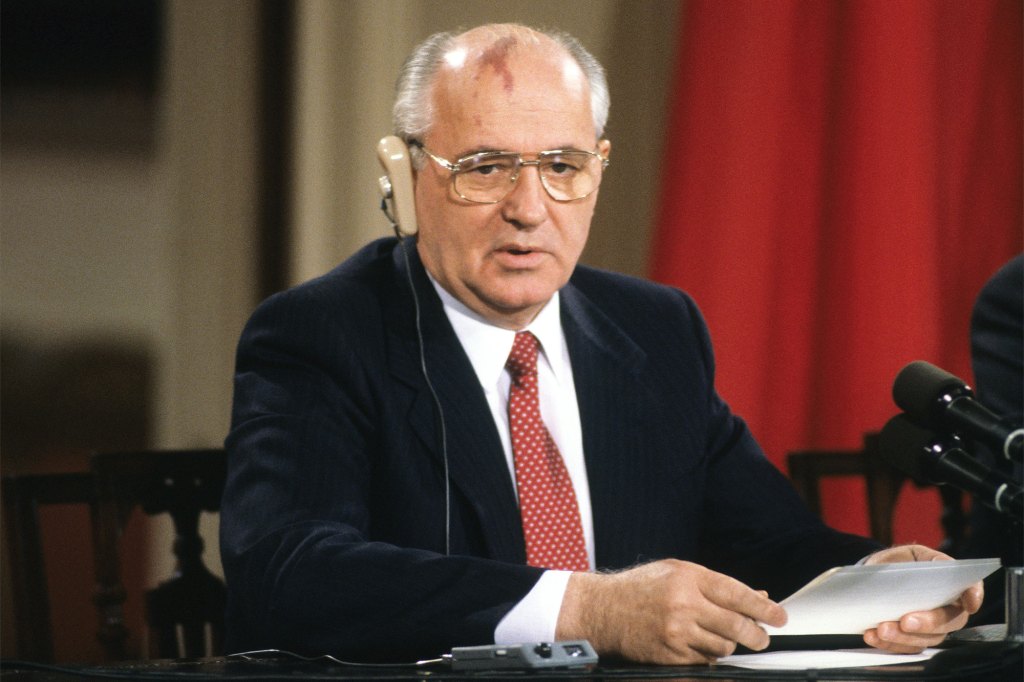
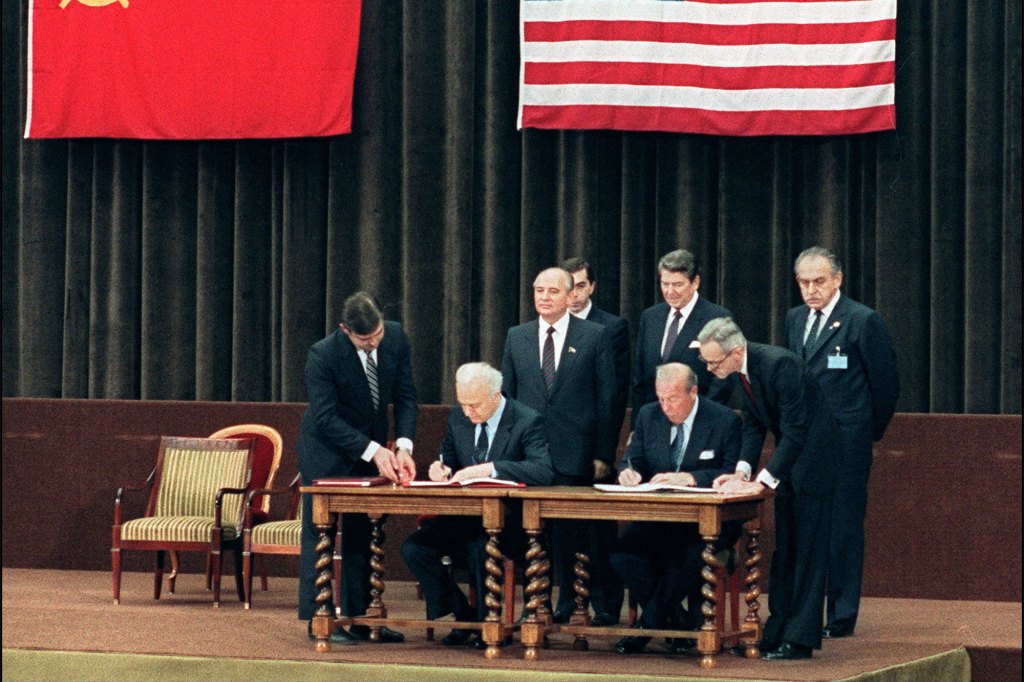
The Nobel Peace Prize was then given to Gorbachev, but Reagan's name was not mentioned. Lance Morrow wrote in an essay for Time that Gorbachev is "Copernicus, Darwin, and Freud all rolled into one for communism." Gorbachev, on the other hand, had a better idea. When a reporter asked him if he was moving to the right, he joked, "Actually, I'm going in circles."
He also understood Reagan's role better. In 2002, he told the History Channel, "I'm not sure what would have happened if he hadn't been there." Perhaps more important than Gorbachev's words was the most remarkable scene at Reagan's funeral in June 2004. Gorbachev, Reagan's former enemy, paid his respects at Reagan's casket as it lay in state at the Capitol and then sat next to Margaret Thatcher at the memorial service the next day. Thatcher was the person who had told Reagan, "We can do business with this man."
Gorbachev wrote in The New York Times the week of Reagan's funeral, "I don't know whether we would have been able to agree and insist on the implementation of our agreements with a different person at the head of the American government. [Reagan] was not dogmatic; he was looking for negotiations and cooperation."
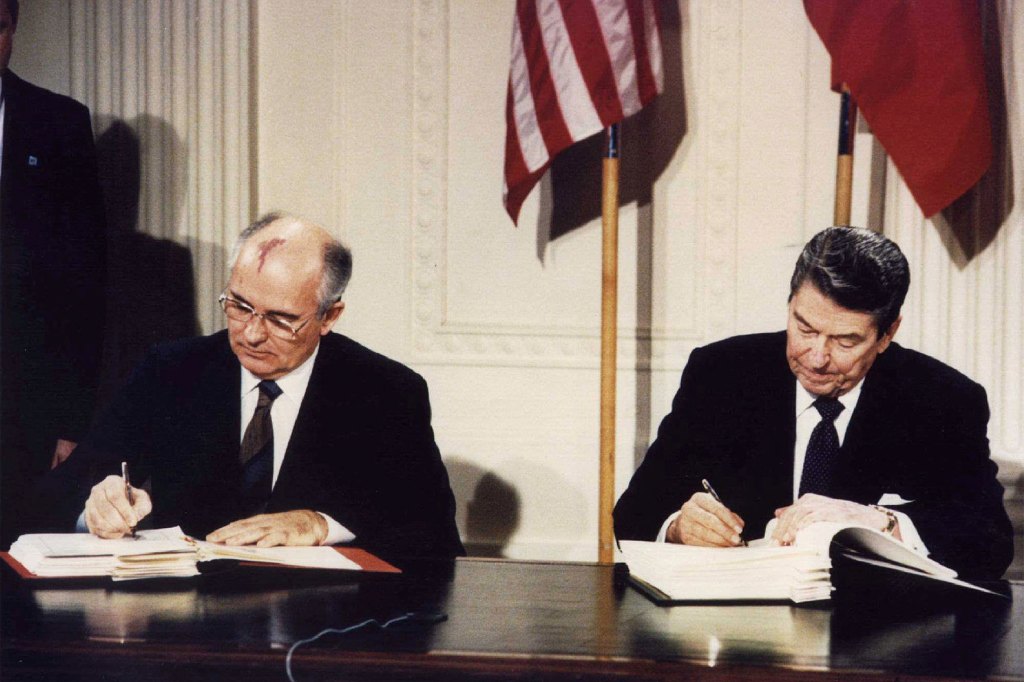
I'm sure that if Reagan were still alive, he'd be very sad about Gorbachev's death and have a lot of respect for how important he was to the peaceful end of the Cold War. I don't think our news will get the right balance.
========














